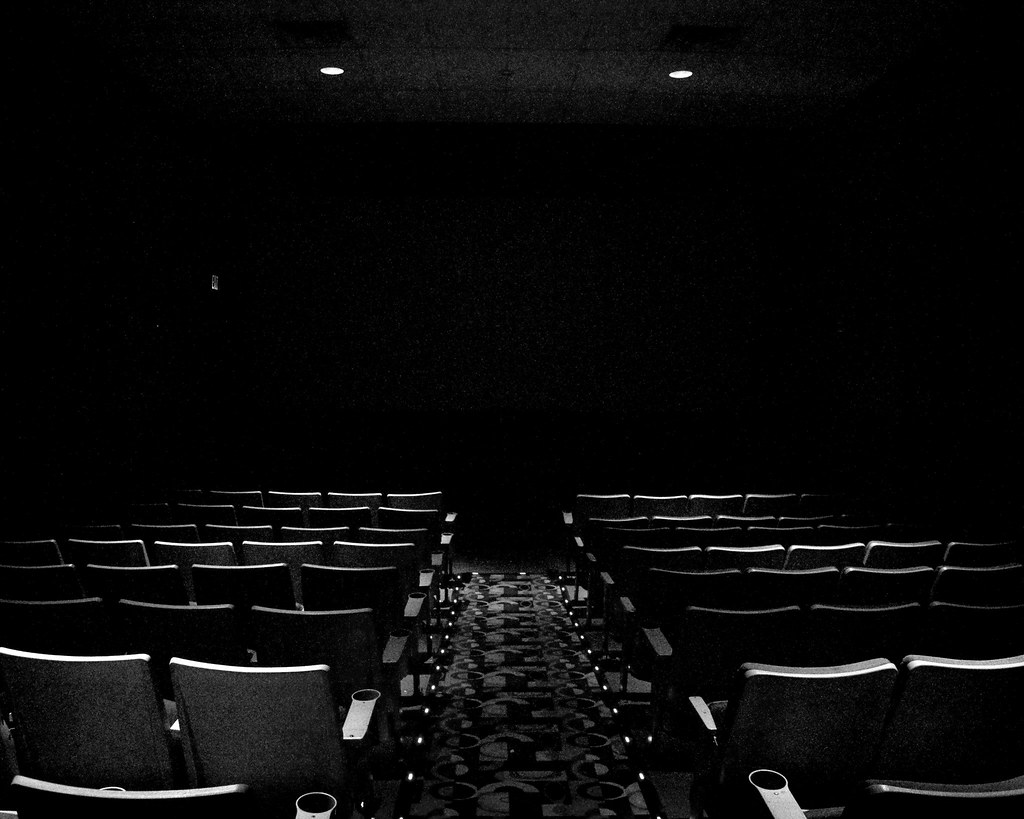Humans tend to be fascinated by serial killers. There’s a perverse intrigue in trying to understand how someone can repeatedly do something as inhumane as taking a life. From Patrick Bateman to Hannibal Lecter, serial killers have been at the centre of horror fiction for decades, if not centuries. But there has been a recent onslaught of mainstream movies and TV shows made about real life serial killers. From Joe Berlinger’s Extremely Wicked, Shockingly Evil and Vile to Netflix’s most recent limited series, Dahmer — Monster: the Jeffrey Dahmer Story, Hollywood keeps finding new ways to profit off of atrocities.
The depiction of real-life serial killers in movies and TV shows is problematic because it creates a disconnect where real events are being told through a fictional lens. Although the audience knows the story is based on real events, they are also aware that what they’re watching isn’t real – it’s actors on a set in front of a camera. Meanwhile, film crews and production companies are using traumatic real life experiences, and at times dramatising certain aspects to fit their creative vision, to make a massive profit.
The depiction of real-life serial killers in movies and TV shows is problematic because it creates a disconnect where real events are being told through a fictional lens.
Cinematic depictions of serial killers often star well-liked, attractive actors, making it easy to overlook the serial killer’s actions and instead focus on whether or not the actor’s depiction of the serial killer was accurate. Much of the discourse following the release of Extremely Wicked, Shockingly Evil and Vile was about Zac Efron’s evolution as an actor and his ability to successfully play ‘serious’ roles. Seeing Evan Peters play Jeffrey Dahmer or Zac Efron play Ted Bundy makes it easy to perceive the serial killers as simply a role that is being played. It detracts from the atrocities these people have committed because part of the audience’s focus is now on how good of a performance the actors have given. The use of recognizable actors not only attracts more attention to serial killers, it also humanises them.
The new Jeffrey Dahmer show has become Netflix’s second most popular series, however, it has also garnered a lot of criticism for not contacting the victims’ families prior to production. Most of the families first heard about the show on September 21st – when it was officially released on Netflix. For the majority of the audience Dahmer – Monster: the Jeffrey Dahmer Story is about a serial killer taking advantage of the police’s incompetence to assault and murder boys and men from marginalised communities. For the victims’ families, the show is a near-identical reenactment of the events they lived through over 30 years ago. Ryan Murphy, the executive producer of Dahmer, argues that the show aims to put the victims at the forefront of the story — something which previous depictions of Jeffrey Dahmer’s story have failed to do. However, if he had really wanted to tell their stories in a respectful manner, he would have contacted the families prior to producing the show.
…it seems callous of Netflix to profit off of others’ trauma without including them in the process.
Rita Isabell, the sister of Errol Lindsey—one of Jeffrey Dahmer’s victims—has spoken out on the series stating that watching it felt like “reliving it all over again” and that seeing such an exact representation of her court testimony was incredibly disconcerting. Isabell was never contacted by Netflix regarding her portrayal in the show and, although the events in the series are public record and therefore don’t require the families’ consent, it seems callous of Netflix to profit off of others’ trauma without including them in the process.
Hollywood’s obsession with the same violent stories feels unnecessary; since 1993, there have been four movies and one TV show made about Jeffrey Dahmer. Is there a shortage of imagination amongst Hollywood writers? There are plenty of great books on fictional serial killers waiting to be adapted into films and TV shows. Some of the most iconic movies — Psycho, Scream, and The Shining to name a few — have been about fictional serial killers, proving time and again that there is no need to exploit people’s trauma to make a cinematic masterpiece.








